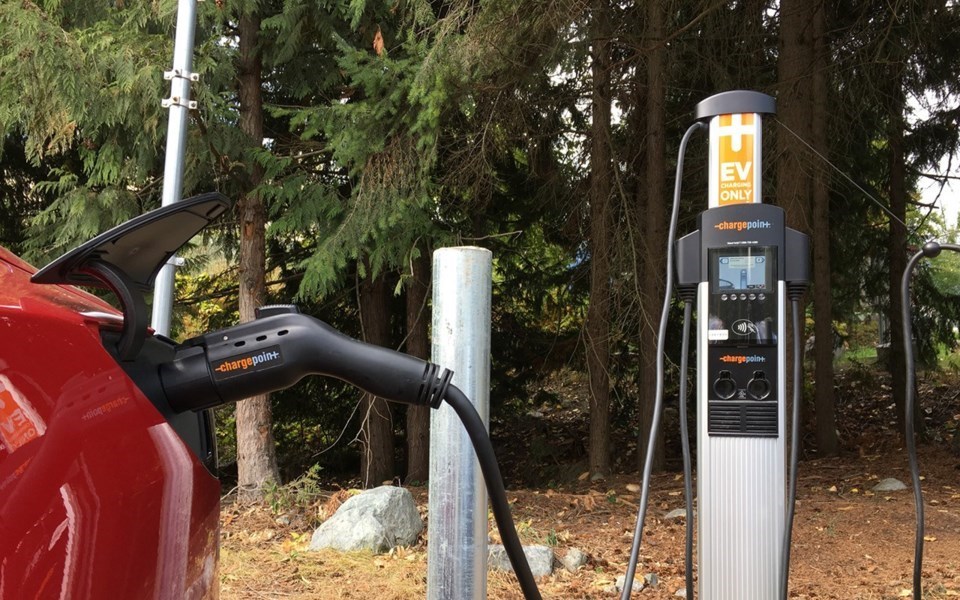News that the provincial government has abruptly cancelled its Climate Action Revenue Incentive Program (CARIP)—which repays municipalities what they pay in provincial climate taxes to be reinvested in local climate initiatives—has left at least one elected official in Whistler “dumbfounded.”
“I feel it’s a bit like pulling the financial rug out on local government climate action, and it’s like taking oxygen away from a stricken COVID patient. It doesn’t end well,” said Councillor Arthur De Jong, who oversees council’s environment portfolio.
“It’s a fundamental support program by the province, and I’m a little dumbfounded that they didn’t offer a replacement program.”
The CARIP was introduced 10 years ago to encourage communities to sign on to B.C.’s climate action charter.
Since then, 187 communities representing more than 99 per cent of B.C.’s population have signed on, said a spokesperson from the Ministry of Municipal Affairs, adding that the government is making new investments in local climate action through CleanBC, including $11 million in new funding in the 2021 budget.
“It’s time to shift to the next phase together as communities and the province work to further reduce emissions,” the spokesperson said.
“With so many communities now signed on to the Climate Action Charter, we want to support local governments to take next steps to address other commitments of the Charter, including the goal of creating greener, more liveable communities.”
In 2020, the government provided about $8.4 million to 187 local governments, with a similar spend anticipated for 2021.
The median amount for all recipients last year was about $11,000, while the average was $45,000.
Whistler receives about $50,000 a year through CARIP, De Jong said.
“So over a period of 10 years that’s a half a million dollars, and what’s really important there is the continuity,” he said, adding that the CARIP funding helps pay the salary for Whistler’s climate action coordinator Luisa Burhenne.
“We will stand on our heads if we have to; we will not relinquish that role in any way, but obviously it puts yet more stress on the cumulative budget.”
One crucial aspect of the program was the requirement that municipalities measure and report on their community greenhouse gas emissions to receive the funding, De Jong pointed out.
“Approximately 80 per cent of carbon emissions happen at local government levels, and how do we achieve these overriding [United Nations Intergovernmental Panel on Climate Change] targets without empowering local governments?” he said.
“It’s so important; you can’t manage what you can’t measure.
“I am looking for answers, and a little dumbfounded … I’m sure that as I dig in more I’m going to find more information, hopefully, that grounds me a bit on this, but yeah, on first glance I’m certainly blowing some hot air.”
When the BC Liberals raised the issue in the provincial legislature on May 17, Minister for Municipal Affairs Josie Osborne pointed to the $11 million in funding budgeted for 2021, and said the government will consult with municipalities on alternatives going forward.
"Over the last decade, much has changed. It is time to renew, to transition, to work with local governments in ways that suit today, not just a decade ago," Osborne said.
"We know how important it is to work with our partners, local governments. I'm absolutely committed to doing that, and that's what we're going to continue to do."




